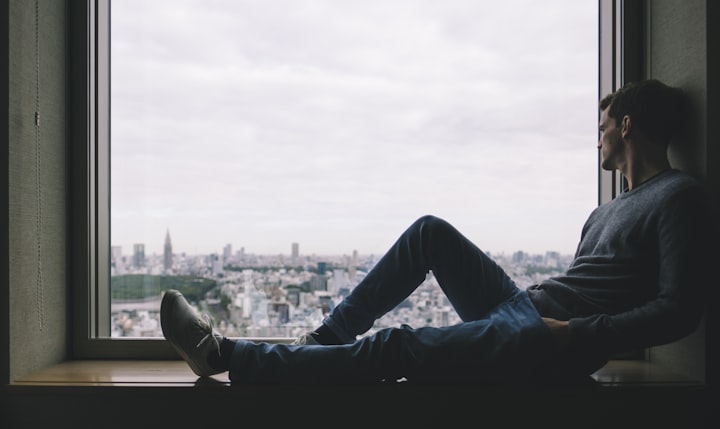COVID 19 is not just a Physical Disease
Increase in Loneliness

Nowadays people have so many ways to connect: Facetime, email, text, social media, etc. Reaching someone is easier in this day in age. However, more and more of us feel disconnected. A recent Ipsos survey found of more than 20,000 American adults, more than half reported that they are always lonely or sometimes lonely. Think about how those numbers would increase if more individuals were surveyed. Unfortunately, this situation could also worsen with the current social distancing restrictions. 1 in 4 individuals say they rarely or never feel like they have close friends or family members.
According to a 2015 study from the University of Georgia, 57% of those 60 and older are lonely. Research has also shown that teens and adolescence are at risk for loneliness. Unfortunately, people only classify loneliness as a problem and do not understand the severity of its physical and mental effects. In fact, some health care professionals argue that loneliness is on par with obesity in terms of its impact on a person’s death risk.
COVID 19 has created the feeling of isolation and loneliness. For some individuals, the feeling of isolation and loneliness escalated because of COVID. Unfortunately, individuals who live alone during this time are more at risk for inflammation.
COVID 19 has been difficult for the world to manage. We are in a different territory and there are no immunizations for this disease. While the debate if COVID 19 is real or not exists, one thing is certain. 2020 has impacted everyone and their relationships. Even if you deny COVID 19 is relevant or some “ploy from the government”, everyone has been impacted by social distancing regulations.
So, how we do try to combat the feeling of loneliness when we feel like we are isolated?
1. Use video conferencing to “keep normalcy.” COVID has changed our idea of normal and using video conferencing can help to regain a sense of normalcy. This does not have to only be used for work, but maybe for a virtual happy hour. Make sure you can see the other person to increase the feeling of normalcy.
2. Check in with people who live alone. Go through your contacts and make it a daily or weekly habit to check on those who you know live alone. It will help both you and the receiving individual. Helping others is beneficial and create a psychological and emotional impact. Plus, you would appreciate someone checking up on you.
3. Having meaningful conversations. Before COVID, having meaningful conversations only seemed to happen between close friends. While this might still be the case during the pandemic, meaningful conversations can decrease the loneliness feeling. Now, having meaningful conversations with strangers might not be the way to go. However, having meaningful conversations with friends that you never had those types of conversations with might be useful during this stressful time. Plus, your friendship/relationship could grow.
4. Learn to cherish your alone time. This can be hard during COVID, when there are times when we are forced to be alone. However, spending quality time with ourselves gives us the chance to focus on self-love we need.
5. Increase your involvement in social groups. Even with COVID many groups are having zoom meetings. Social media can sometimes be harmful, but it can also be used as a great tool. The key is to connect with like-minded people who are going to add value to your life. Quantity does not equal quality and the wrong company can make you feel lonelier. Joining an online community or a local group is a great way to start. Do not forget that sometimes it takes multiple tries to find a group that you really connect with. Try not to get discouraged.






Comments
There are no comments for this story
Be the first to respond and start the conversation.